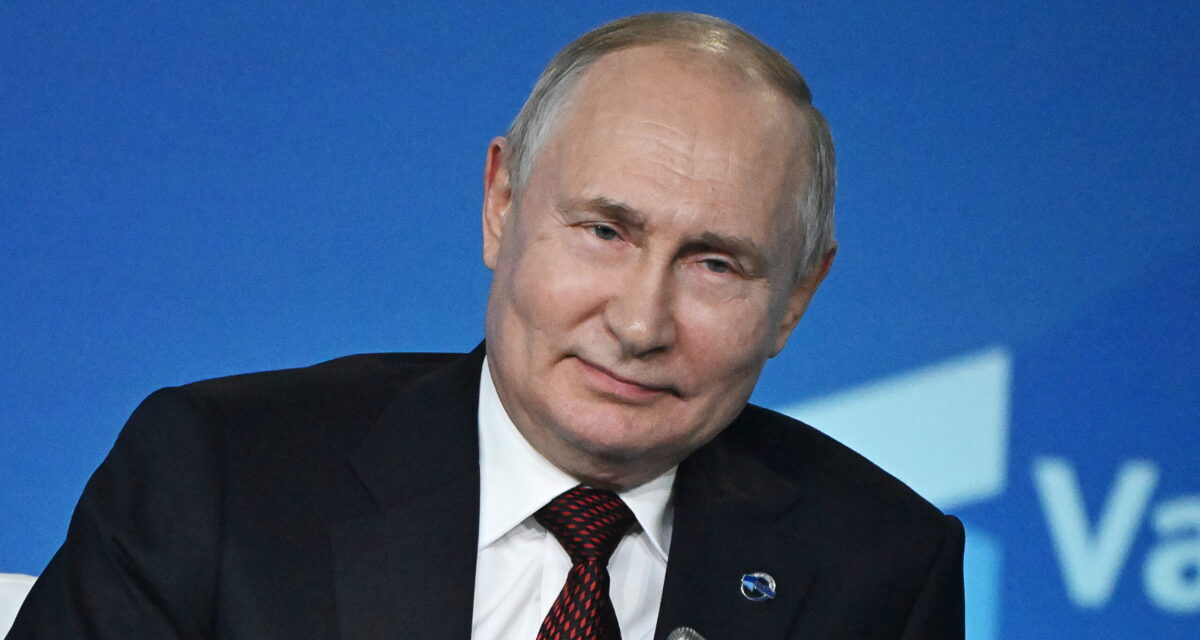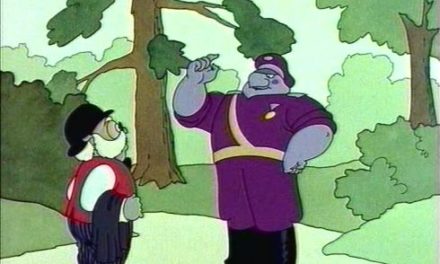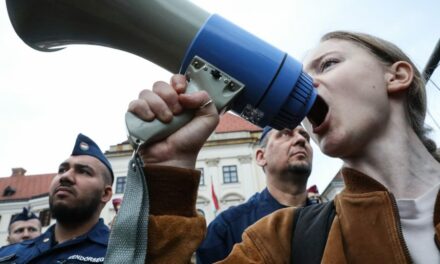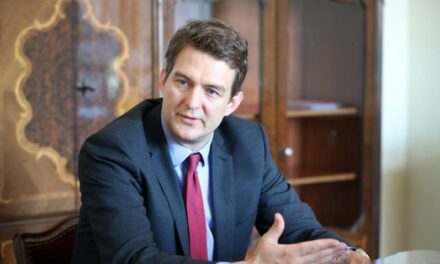If that's all the benefit of Tucker Carlson's interview, it was worth it.
He's scared as hell of incense smoke. In our desacralized age, this has changed: they are afraid of alternative opinions, like European politicians locked behind the bars of their monopoly of opinion.
Tucker Carlson hasn't even left for Moscow, he's already been called all kinds of villains,
sanctioned, banned, stigmatized and condemned. They did not argue with the content of the interview to be conducted with Putin (because it did not even exist yet), but with the mere fact that such an interview could possibly be conducted.
They do not dare to face opinions different from their own: they feel strong and safe as long as there is no other narrative. We also indirectly got a taste of why Orbán is so dangerous for them;
because it presents a different kind of world view, and it may occur to some that it is not even worse. In fact.
After two years of brain-teasing Zelensky, who is also flowing from the tap, now a few drops of the Russian president.
There is, of course, a little envy in this.
Egon Erwin Kisch or Oriana Fallaci are long dead, their late successors prefer to play safe. Marci Gulyás' Partizán (although my guess is that Putin would have had no objection to the title) could not have accepted, the sponsors would have vomited bile,
On the other hand, Vladimir Vladimirovich probably wouldn't even sit on VV Zsolti's couch.
In the meantime, the mainstream tries to divert attention from the content of the conversation and instead pushes the public discourse in the direction of philosophical questions: can we talk to the person we have demonized up to that point. The case brings to the surface another current problem of the liberal West:
where did the so sacred freedom of speech, press and opinion go?
Were these important and valuable rights only until liberalism became mainstream, and since then the Inquisition has again (as usual) defended the official position with fire and iron?
It is essential to get to know the personalities and goals of the main characters; the world has the right to know in the shadow of a global war what arguments and points of view are clashing.
Putin's historical perspective does not match that of the Western mainstream. (Nor ours. The points of view are just that.) It tells the story of Ukraine of the last decade as we have known it. The Western narrative begins on February 24, 2022. (Like, according to them, the attack on the WTC on September 11, 2001.) But there are precedents.
For us Hungarians, Putin's analysis of the past, the Kiev coup, and the Donbas attacks did not hold any big surprises. The Russian president's history lesson about Ukraine roughly coincided with what we had thought about it up until now, and although he denied that he had promised Viktor Orbán the former territories of the Kingdom of Hungary, currently under Ukrainian control, he did mention it (and thus the international news agencies could also publish it), that
according to him, the Transcarpathian Hungarians would be happy if their homeland was part of Hungary again.
(While Hungarian intellectuals, when they get a chance to speak in the Western media, never, not even casually, mention the unjustly annexed territories and the legal disadvantages of the people living there. Putin has now muttered on the air for them that Transcarpathia was Hungarian, and Hungarians still live there. If the Carlson interview was only that useful, our friend Tucker did not travel in vain.)
At the time, as a triumph of democracy and freedom of the press, two excited journalists brought down Nixon. True, he was a Republican. Biden did not fall into his son's scandals and strange deals with Ukraine, which is at war, just as Ursula von der Leyen did not fall into the billions worth of text messages.
Just as it has long been no longer the task of elections to form governments that announce a program that appeals to the majority from among various alternatives, it seems that
nor does journalism aim to present reality from as many perspectives as possible.
(Hungary is still a refreshing exception to this, you just have to look at how many different articles and reports are published about each government decision or foreign policy matter; also about the Carlson-Putin case.)
In addition, it also became clear to the European public, which is afraid of the Russian bear, that the barbaric Putin did not eat Tucker Carlson (well, this does not mean that he did not eat Verhofstadt, no matter how disgusting the thought is), and
he doesn't shout, lash out and threaten like a half-mad like Hitler in The Fall.
It is typical that, while even the stupidest and most uninteresting celebrity's dinner invitation is preceded by days-long advertisements and the personal life changes of a Hollywood star become a media sensation, at the beginning of an interview with one of the world's biggest powers, there was more talk about whether the reporter was guilty and a system error that should be eliminated, than the conversation itself.
In the meantime, the trend has reversed, because such a far-reaching matter cannot be kept quiet, the production now has more than a hundred million clicks.
It may have dawned on many that the Russians are not in the pantry yet, and they are not even planning to go there for the time being.
And this can even be of great importance, so balanced on the threshold of the third world war...
Featured image: MTI/EPA/Sputnik/Grigory Sysoyev












